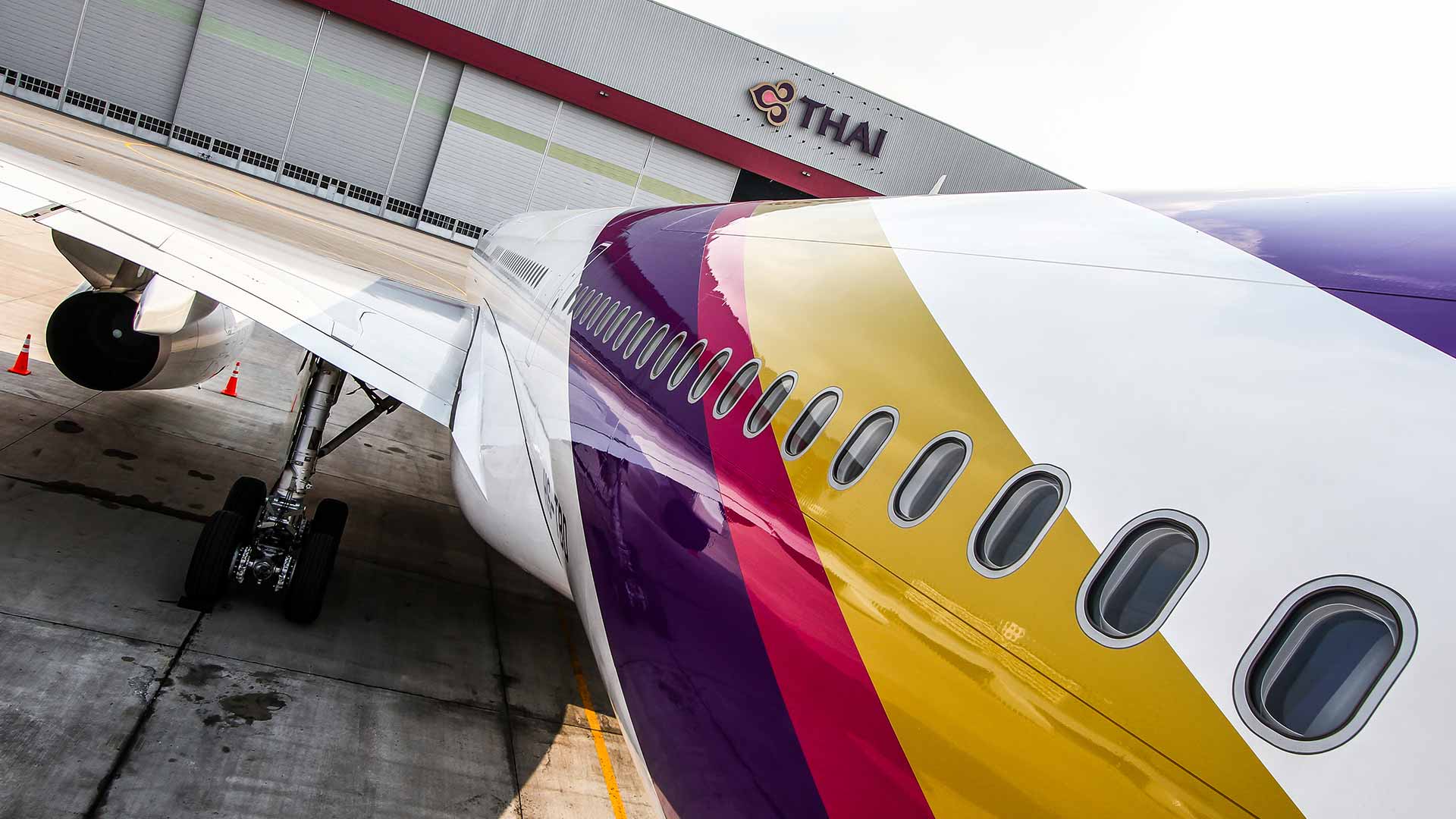
The THAI Airways treasury has worked to create a more efficient and streamlined function that is better placed to support the business’ expansion plans.
Thailand’s national flag carrier THAI Airways has recently undergone a period of aggressive global expansion. The company now operates in over 32 countries around the world.
Such has been the pace of the expansion, treasury has had to work hard to make sure that the business has the necessary financial tools needed to operate in such a range of geographies. This, however, has had the side effect of forming a rather complex cash management structure.
As Narongchai Wongthanavimok, Chief Financial Officer at THAI Airways explains: “When I joined the company in 2015 I found that we had multiple banking relationships in many of the countries that we operated in,” he says. “What is more, we often held three or four accounts with each bank, meaning that in some countries we had over 20 accounts. This was clearly an inefficient set-up from a control perspective and it also posed challenges in respect of the efficient management of cash.”
Transformational activity
The treasury was set the objective of establishing a best-in-class treasury management strategy, which formed part of an enterprise-wide transformation project focused on building competitiveness in the global arena and driving more revenue.
The focus for treasury would be to maximise its control over cash, improve working capital metrics and increase the overall operational efficiency of the operation. This would then put the treasury in a better position to support the business as THAI Airways continues to expand into new markets in the hunt for revenue.
To do this, the treasury knew that it needed to streamline its banking relationships and ideally wanted to work with one bank globally. It therefore issued a global cash management RFP to a number of its banking partners. The aim was to find a bank that could support its operations across more than 30 countries and also provide solutions that would enable the treasury to meet its strategic objectives.
“Through this process we found that the cash management services offered by most global banks are quite similar,” says Narongchai. “What we were looking for then was a bank that understood our challenges and the intricacies of the business and that were flexible enough to make adjustments to their solutions or systems to meet our requirements.”
Selecting a global bank partner
After the RFP process, the THAI Airways team came to the conclusion that Citi should be its global cash management bank. Narongchai cites the bank’s global network and strong innovation pipeline as being just two reasons that this decision was made.
The treasury team’s decision was made easier due to the long-standing relationship that the company had with the bank. This had already seen the two parties work together on numerous projects including bank account rationalisation and optimisation of global cash balances.
Both of these projects have not just created more efficiency for THAI Airways, but also delivered considerable cost savings.
“By gaining more control and visibility over our accounts, we have been able to reduce our idle cash balances,” explains Narongchai. “This has enabled us to better put our cash to work and reduce the reliance on lending arrangements for working capital purposes. The result is a yearly interest saving of around US$3.5m.”
Another project THAI Airways has been working on is restructuring its liabilities in terms of foreign currency management. The company is often long in every currency apart from US dollars – due to fuel expense.
Treasury has therefore been working with Citi to create a cross-currency swap solution that enables THAI to use the currencies that it is long in to pay for its US dollar liabilities. This is helping to reduce translation risk and create a more balanced currency mix.
Commenting on the relationship, Patrick O’Neill, Head of Treasury & Trade Solutions for Citi Thailand says: “We have a long-standing relationship with THAI Airways and we understand the company, its goals, how these have been evolving over time and where it wants to go in the future. We have therefore been able to take this understanding and ensure that we leverage our solutions and network to help the company meets its strategic objectives.”
Looking to the future
According to Narongchai, the next big focus for the treasury is to enable the business to drive more revenue and support its transformation project by facilitating payments to be accepted through a plethora of new digital payment channels.
“Like all companies, we have to be moving with the times and consumers are increasingly looking to leverage these digital payment solutions,” he says. “For the business to achieve its objectives and be profitable, we have to ensure our customers can pay for our services in the most convenient fashion. We will be leaning on our banking partner to utilise their expertise in this area and help the company through the changing payments landscape.”